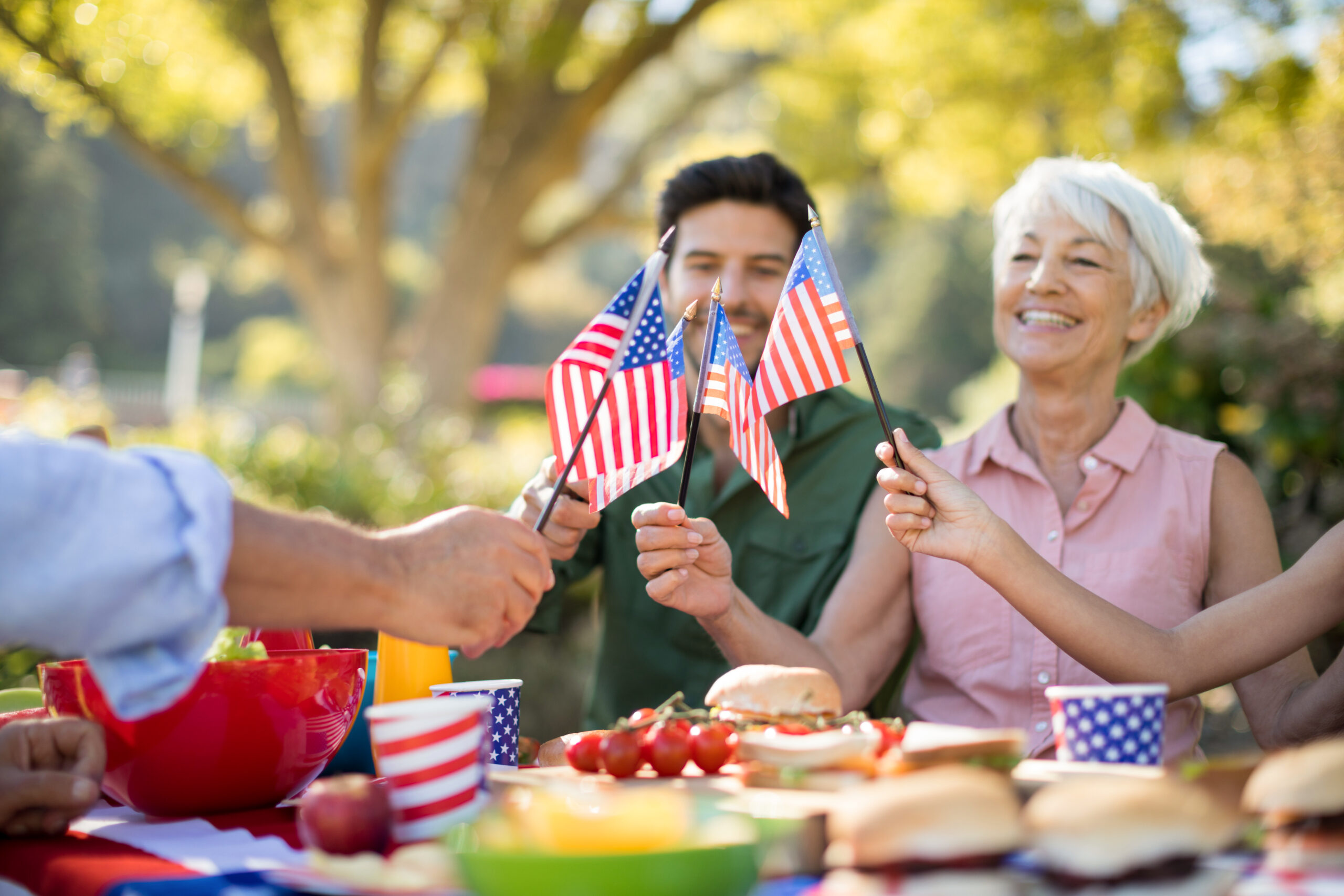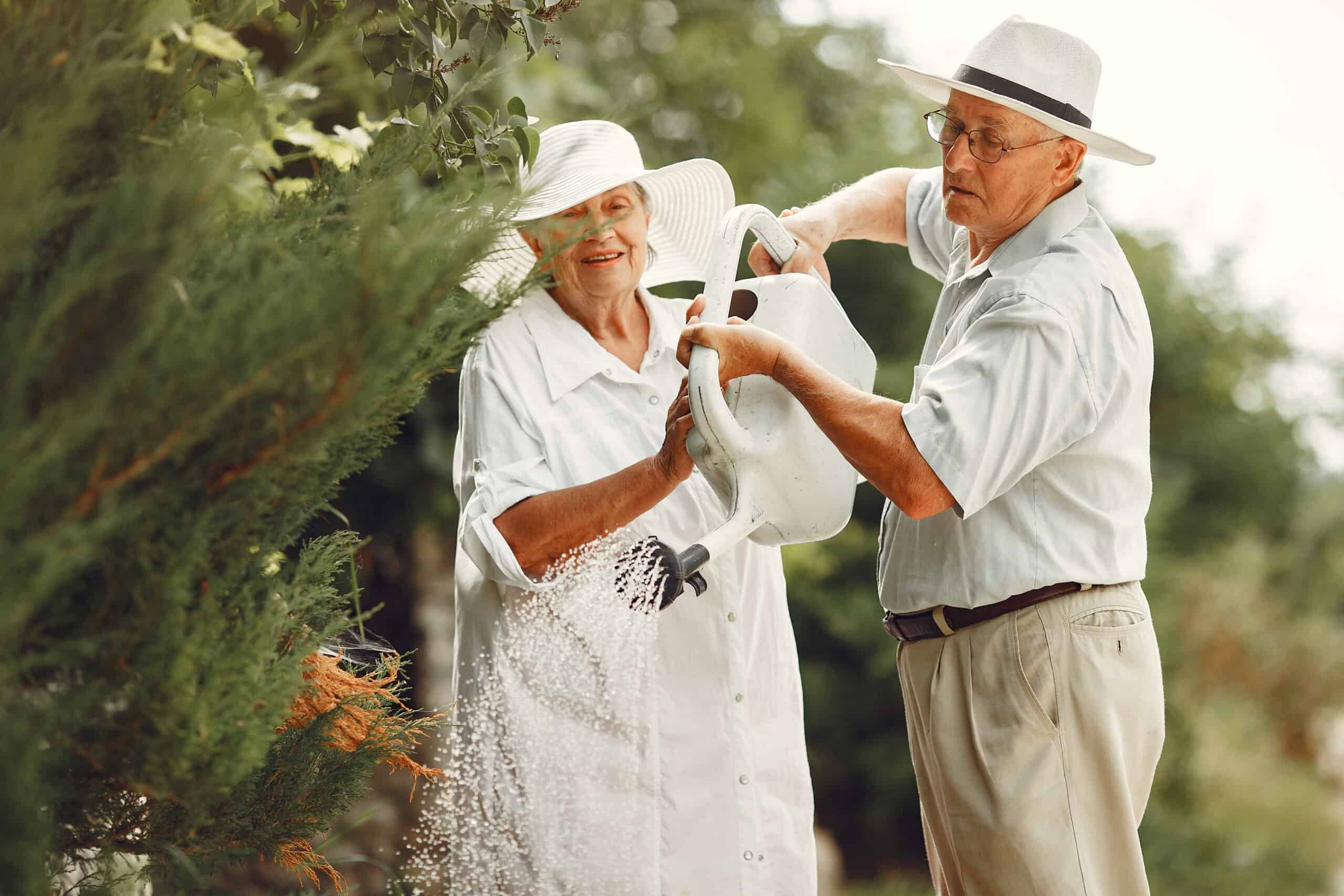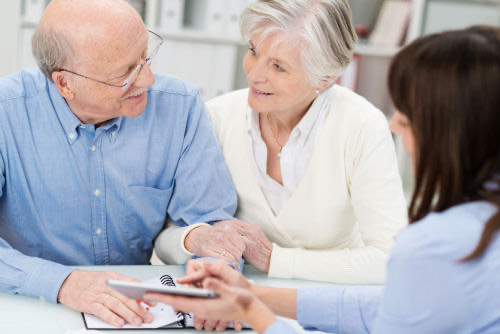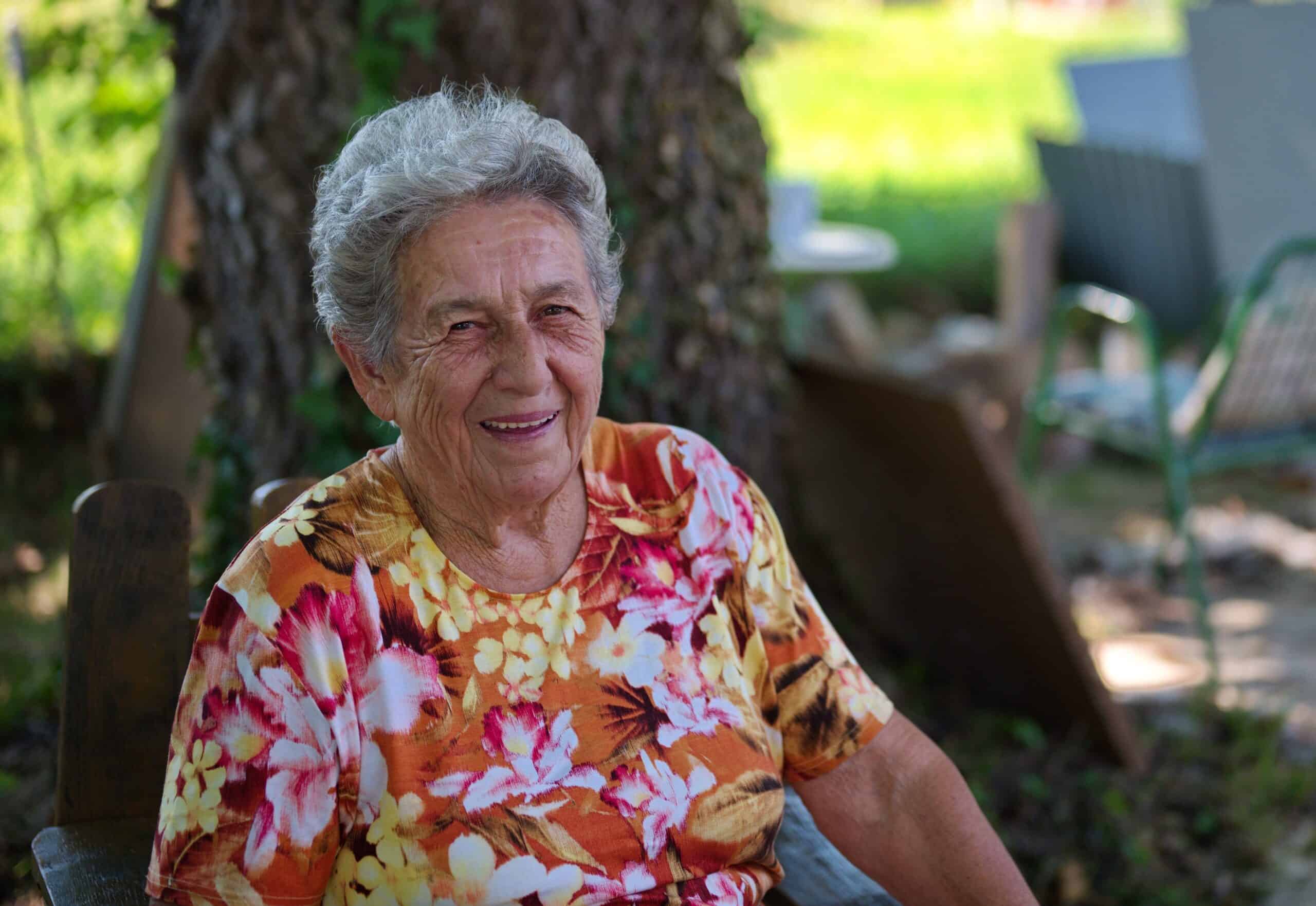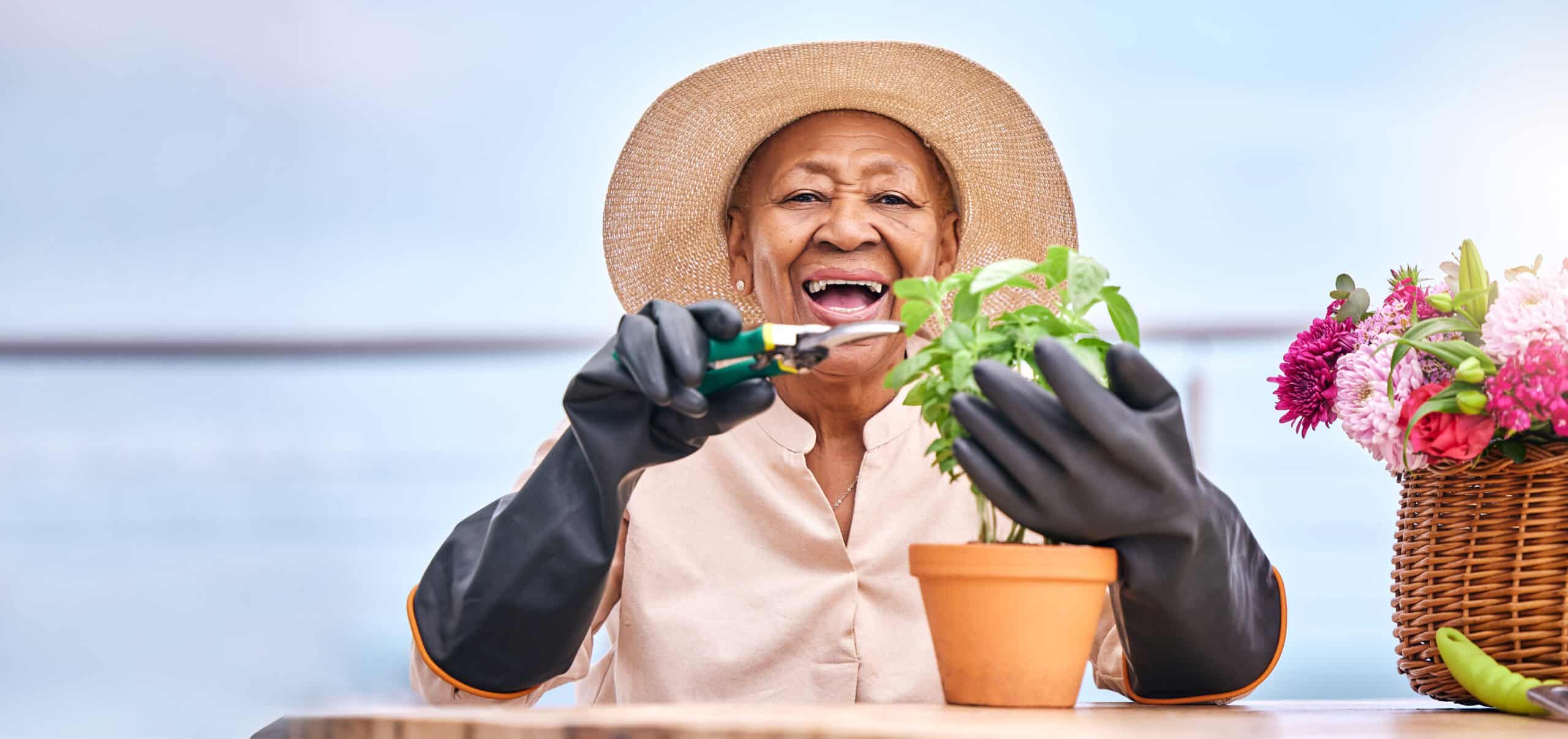Safe and Secure
I’m hoping this information will help you and or someone you know. The Flower of Health has a petal on it called safety. The petals around the middle of the flower represent decisions that we make to improve our health or in other words things that we DO to improve our health. Making safe choices has a big impact on our health. Let me back up a little bit for listeners who are unfamiliar with The Flower of Health. The Flower of Health is a visual diagram representing all the components necessary to have the best health possible. It starts with the middle of the flower which is our inner being: our minds. The petals around the middle of the flower represent the decisions we make to do what is needed to have better health. After deciding we have to DO. So safety decisions would be decisions like looking both ways before you cross the street, wearing your seatbelt, not staying out late at night in a rough area of town, not traveling alone and traveling with a friend or companion, not having sex with multiple partners that you don’t know very well… I mention this because there has been a dramatic increase in the number of sexually transmitted diseases in the older population especially those who live in assisted-living and independent living senior living communities. I’m not going to list all the possible safety decisions we need to make to be healthy because there are just too many of them. From the time we are born we learn how to make good safety decisions. Pain is a great teacher. We all learn not to touch a hot stove, and not to jump off some thing that’s too high up! Ideally children are surrounded by adults who want to protect them and who teach them to make good safety decisions. I’m sure we all have stories of being rescued from harm when we were little. I know I do. I was a pretty reckless child. I liked to push the envelope I guess. But I learned it’s just not worth the pain. And hopefully as we grow older we’re growing wiser and we’re better at determining what is indeed safe. Driving a car is a big safety issue as we get older. I hope we all have the good sense to stop driving when we feel we are no longer safe to do so. And if we’re not able to determine if we’re safe for driving at a certain point in our lives, then I hope somebody else has the good sense to take the keys away. The petal on The Flower of Health that represents safety can also represent a FEELING of safety. Feeling safe is one of the most basic human needs, If not the most basic human need in my opinion. And if you do not feel safe, you will have anxiety, and it will have a huge negative impact on your health. I’ve been researching how feeling safe affects our health… our mental health and our physical health. Feeling unsafe gives us that fight or flight feeling that releases cortisol, which causes inflammation and wreaks havoc on our metabolism and our health over time. So let’s talk about it in hopes of finding a solution. There have been many times in my life where I have not felt safe. I’m talking about feeling as if I might be physically attacked and harmed. I grew up with an abusive older brother and parents who were absent much of the time. My older brother hurt me by threatening to hurt me if I didn’t do what he wanted, and then hitting me when I didn’t do what he wanted, and he was sexually abusive. I learned early to defend myself. I wasn’t strong enough to fight him off physically, but I learned to keep my distance from him, lie to him to get out of his way, and threaten to report him to the authorities. My father would defend me but my mother would not. Needless to say my father made me feel secure. But he wasn’t home a lot. To truly know if you feel secure, you have to think about how you feel in your bed at night as you are drifting off to sleep. What do you think about? Do you feel calm? Do you feel happy? Do you feel peace? Are you looking forward to a good nights rest? Do you feel safe? Sometimes I think we lie to ourselves because the situation we are in is just too unbearable to face, and we don’t even know that we don’t feel safe. In that case, we just can’t sleep, and we think about things, and more things, and we think about more things and just can’t relax. Of course in that situation we don’t get a good nights sleep. And a good nights sleep is essential for good health. I know I keep referring everyone to the website NAMI.org but it’s a good place to start. COUNSELING is essential to get to the bottom of the story, to the cause of your feeling of insecurity… Or your feeling of a lack of safety. There have been times in my life when my reality made me feel unsafe, and my faith in God was all I had to feel safe. It was enough. I’m still here! And I am happy to report that currently I feel physically safe and I’m still trusting God, But without that desperate “You’re all I’ve got, God!” feeling. If you have that desperate “You’re all I’ve got, God!” feeling, then you need help. You may feel that way because of an abusive spouse. You may feel unsafe because you live in a high crime neighborhood. You may feel unsafe because your son or daughter lives with you and they are abusing substances. You may feel unsafe because you fear catching Covid or some other disease. You may feel unsafe because you follow the news media too much. You should not have to live that way. You should not live a life of feeling unsafe. Please seek counseling. Whether you feel unsafe because of your real physical circumstances or for some unknown reason, please seek counseling. They can point you in the right direction if nothing else. They have resources and knowledge that you may not have.
What follows are some excerpts from the research that I’ve been doing on feeling safe. I realize that some people feel unsafe even when they have no reason to feel unsafe. And then there are people who are truly in unsafe circumstances and they have a real reason to fear for their physical safety while they’re sleeping and at other times. And there are many more people who are safe, and who feel safe, so they may not be able to relate at all to the feelings of feeling unsafe. But I’m sure we all know somebody who does not feel safe. So these readings may not apply to everyone personally. Please glean from them what you like.
11 Tips for Staying Safe
Do you really know how to stay safe?
It’s also not about memorization and trying to teach yourself everything from how to escape being locked in the trunk of a car to how to react if someone sticks a knife to your throat.
And, finally, it’s not about giving up and throwing caution to the wind because you think that safety comes at too high an emotional and physical cost.
You really can be safer, and so can your loved ones. All it takes is using your head rather than your gut. Here are 11 ways to be safer everywhere you go and still manage to live a complete, fulfilling, and carefree life in the process.
1. Study what people do, not how they make you feel. If someone is paying a lot of attention to your children, think about why. If a colleague drives erratically and runs red lights, think about what those driving behaviors might mean for how he treats other people and handles stressful situations in his life. If a girlfriend complains about all of her past lovers, consider what those complaints say about her. Read the behavior for signs into someone’s personality and you will be able to spot dangerous people before it’s too late.
2. When you are in over your head, consult someone who isn’t. Every field is full of people who are highly trained, experienced, and talented. Consult them before making any decision, especially when you are out of your comfort zone.
3. Think long term. We tend to make regretful decisions when we are being impulsive. Don’t just think about how a decision will affect you right now. Also think about the possible ramifications a week, a month, or a year down the road, and think about the ramifications for your loved ones, too.
4. Consider the risk. Are you taking on a potentially lethal risk in exchange for saving a little bit of time or money? For instance, are you about to run a red light so you can get to work more quickly? Or are you thinking of letting your elementary school aged child walk to school alone for the same reason? Or have you neglected to maintain your car so you can save some money? If you are taking on the risk of death in exchange for the benefit of saving money or time, slow down and reconsider if what you are about to do is really worth it. For instance, will you be able to live with yourself if your child got hit by a car or, worse yet, got kidnapped while alone and only blocks from home so you could get to work a little earlier?
5. Make sure you’ve thought of all of the likely scenarios. Many people worry about serial killers, but serial killers are rare. Few people consider the very common and very real dangers that they willingly embrace every day. What are you doing to minimize your risk of being in a car accident? Do you know if your children go to play dates in homes where guns are not properly stored and kept out of reach? Do you regularly accept rides from friends who take prescription medications that could interfere with their ability to drive?
6. Screen the people who are closest to you. Most people worry more about strangers than they worry about close friends, family and loved ones. Yet the people closest to you have more opportunity to hurt you than people who aren’t as close. It’s the people who are closest to you who have access to the key to your home, your computer passwords, and your deepest, most sensitive secrets.
7. Always minimize the risk whenever possible. Before making any decision, ask yourself, “Have I done all I can to protect myself? Is there anything else I could do to reduce risk and prevent future hardship? Do I have all the information I need to make this decision?”
8. Listen to your mother. Most of what we need to do to be safe in our homes and in our cars is straightforward, easy, cheap, well known, and requires little to no time to put into effect. Yet many people ignore these safety practices because they have a false sense of security. Lock your doors and windows. Don’t text and drive. Vary your routine. Be aware of your surroundings. Don’t become involved in a relationship with someone you think you can change.
9. Only drink with people you trust. Alcohol lowers your inhibitions and reaction time. It also interferes with your ability to make decisions and to read people. It’s the last thing you want in your system if a dangerous person is attempting to take advantage of you. The same is true for drugs, both legal and illegal.
10. Reduce your vulnerabilities. Dangerous people prey on people who are weak, lonely, sad, insecure, scared, and alone. If someone waltzes into your life during one of your hardest and lowest moments and seems to be the answer to all of your prayers, consider whether this person just might be too good to be true.
11. Consider someone’s motives, not your discomfort. Dangerous people can know how to make you feel guilty, overwhelmed and pressed. For instance, con artists can spin tales that cause you to feel as if you are being overprotective and overly careful. If someone is putting the pressure on you to make a decision and to make it asap, consider that person’s motives. Are they really being genuine or are they pressing you to do something that truly is not in your best interest?
Mary Ellen O’Toole, Ph.D., is a former FBI profiler and author of Dangerous Instincts: How Gut Feelings Betray Us (Hudson Street Press, 2011). She has tracked down, interviewed, or studied some of the world’s most infamous criminals including the Green River Killer (Gary Ridgway), the Serial Killer of Baton Rouge (Derrick Todd Lee), and the Unabomber (Ted Kaczynski). She also worked the Columbine, Elizabeth Smart, Polly Klaas, and many other high-profile cases. You can learn more about her and her book at MaryEllenOToole.com.
The views and opinions expressed by Dr. Mary Ellen O’Toole are not necessarily the views of the FBI.
END
8 Ways to Feel Safe Right Now
Aging With Grace is a club that you can join so that together we will age more safely and more gracefully. There is safety in numbers you know. Us baby boomers are a large segment of the population. Together we can accomplish great things to improve our lot in life as older folks in this country, the United States of America. Aging With Grace is a great place to start!
The post Safe and Secure appeared first on Aging With Grace.

